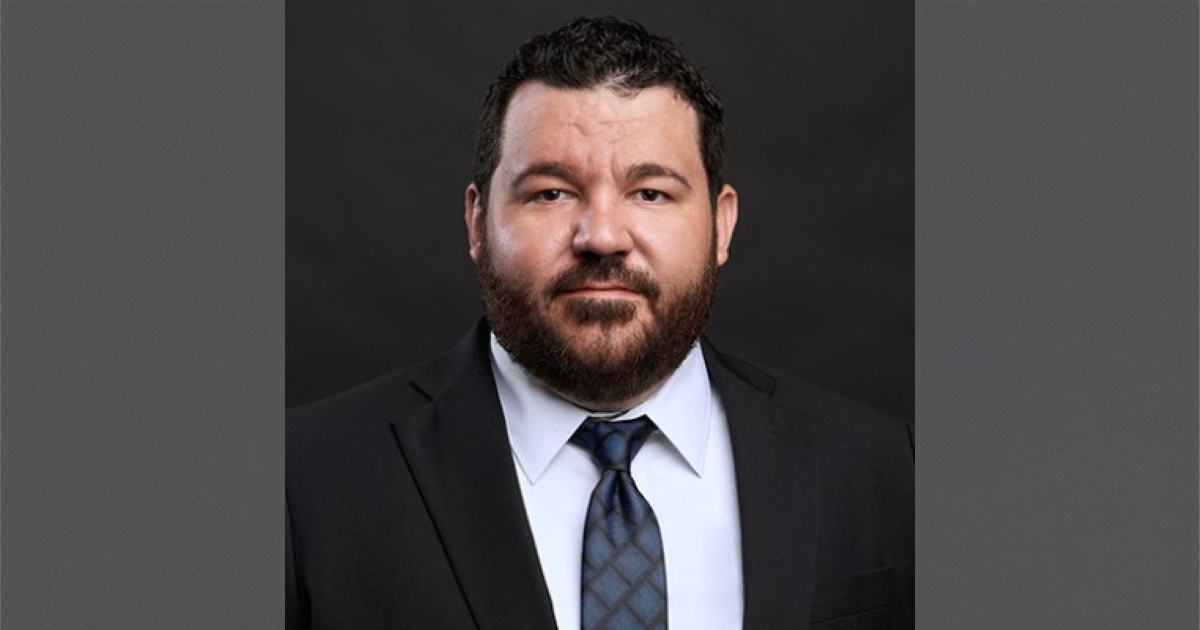A new study has found that physicians who receive training in a technology-rich environment but go on to work in a less modern facility feel they can't provide safe, efficient care as they could have with information technology.
The study, ""Performing Without a Net: Transitioning Away From a Health Information Technology-Rich Training Environment," was conducted by Vanderbilt University Medical Center.
About 80 percent of the 328 Vanderbilt graduates who participated in the study were working in an environment with less IT. According to the study, they reported "feeling less able to practice safe patient care, to utilize evidence at the point of care, to work efficiently, to share and communicate information and to work effectively within the local system."
Kevin Johnson, MD, associate professor and vice chairman of Vanderbilt's Department of Biomedical Informatics, said his study illustrates why the transition plan from medical school should include assessing residents' abilities to use conventional technologies in the absence of electronic health records and computerized physician order entry.
"I think one of things we learned, is that we need to expose students to paper -based counterparts before they are in a real-life setting," said Johnson.
He said they plan to incorporate the assessment of conventional technology in the 4th year curriculum.
"Vanderbilt students are extremely well trained. I feel like we could thrive in any environment – with or without IT – though the lack of efficiency in a low-tech environment could be burdensome, said Bryan Harris, a fourth-year med student at the university.
Harris is starting to focus on where he will do his residency.
"I do certainly ask about an institution's level of health information technology when I interview there. It's certainly not a deal-breaker for me if a hospital's level of HIT is low, but it's going to go in the "con" column," he said.
Trellis Usher-Mays, president and CEO of T. R. Ellis Group LLC, a management consulting firm, has experience with some of the giants in the healthcare IT industry and said she knows the value of clinical and IT systems on the quality of care and safety for patients in our hospitals.
"Knowing what I know having worked in this industry, as a patient, I too would feel vulnerable without the technology."
Johnson said the survey responses in his study indicate, "you never get so good that you don't need a net."
"I think it is a reality that we need a safety net, said Johnson. "To me its adds strength to the fact that clinicians rely on something other than their memory for knowledge management. For those who need it and those who didn't realize they did."


